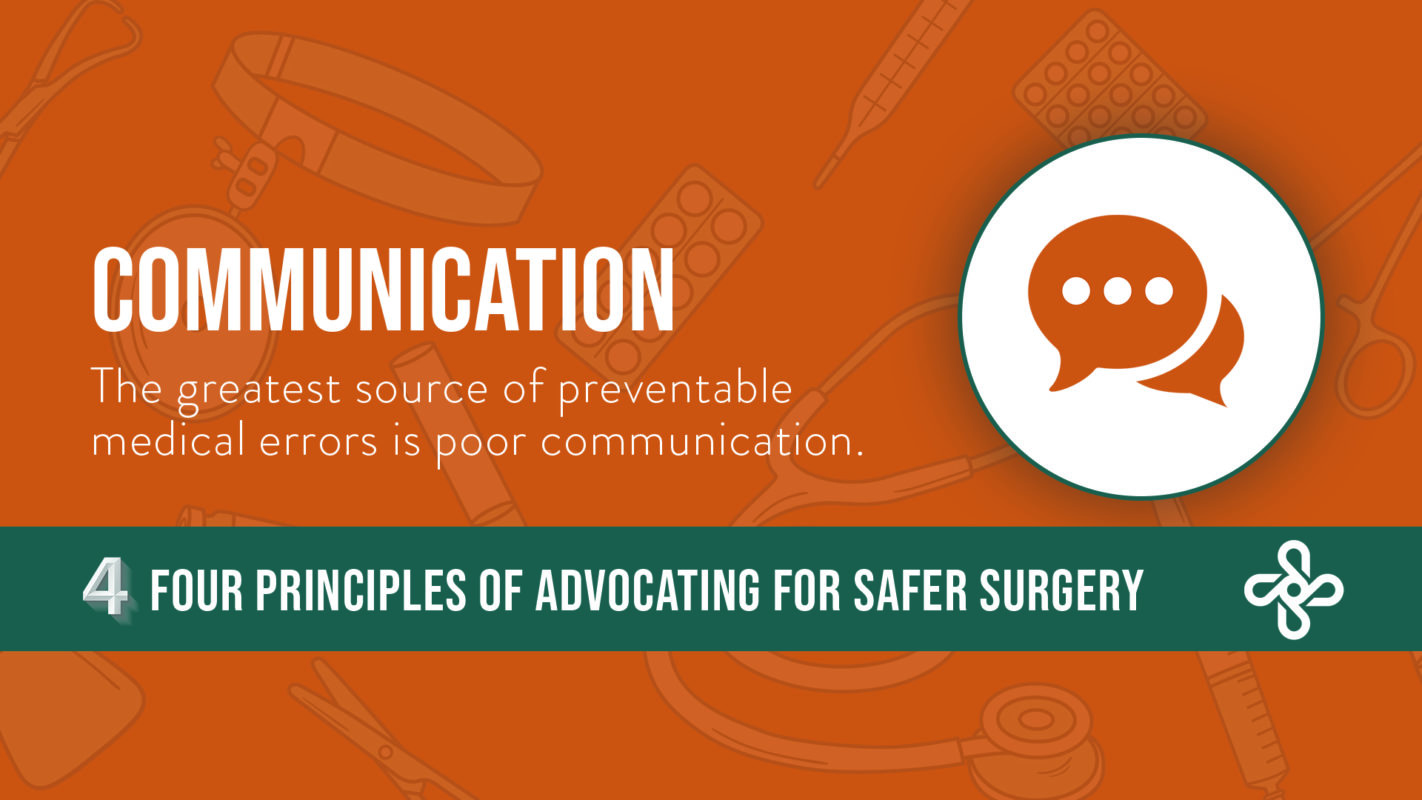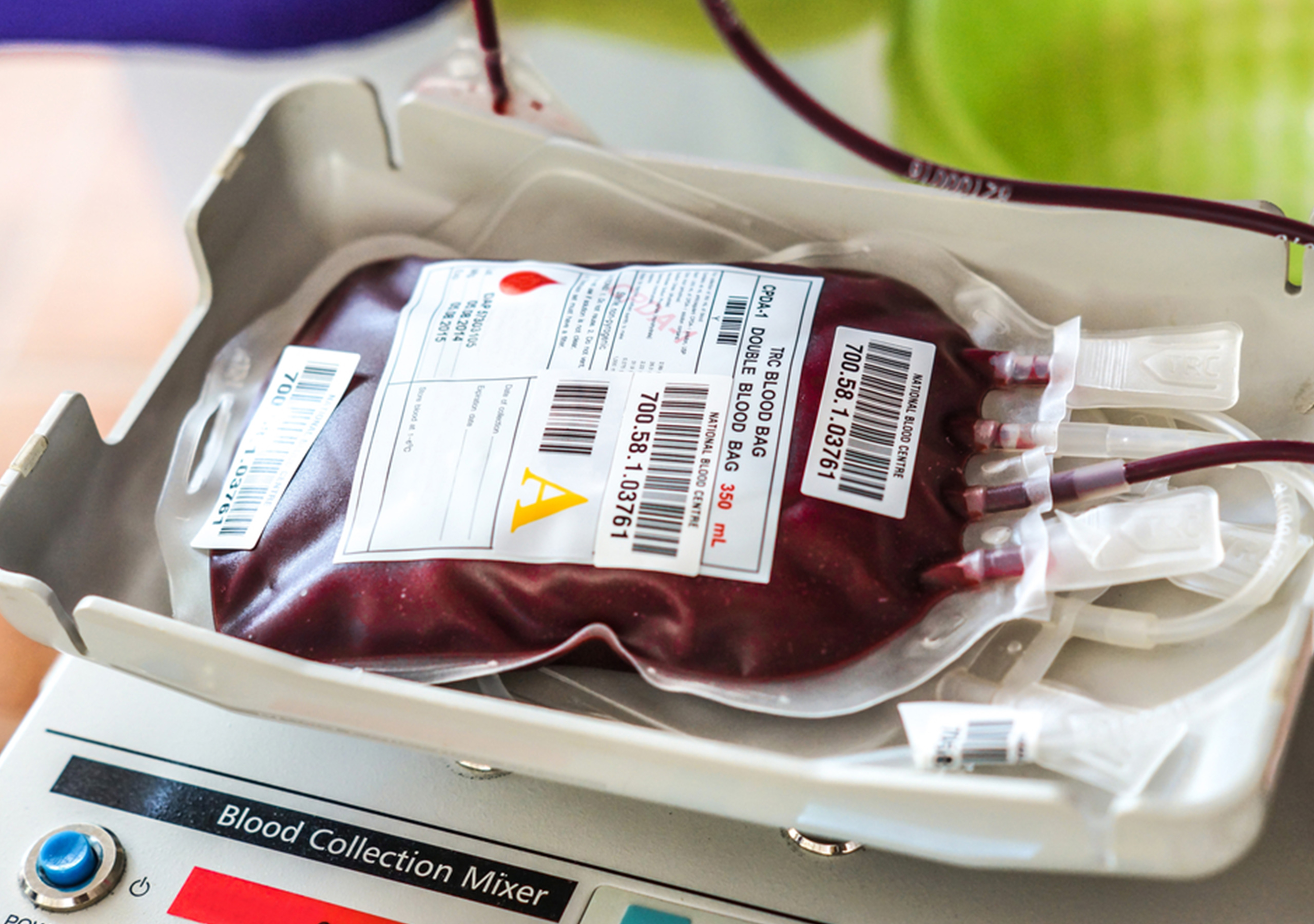
In surgical teams, health professionals are highly interdependent and must work under time pressure. It is of particular importance that teamwork is well-functioning in order to achieve quality care and patient safety. This is why communication is the first principle in our blog series on safer surgery.
#1 – COMMUNICATION
The greatest source of preventable medical errors is poor communication. Without the proper measures in place, surgical and interdisciplinary staff can easily fail to pass on important information, make assumptions, or even confuse one surgery with another.
DOWNLOAD FREE INFOGRAPHIC
In 2016, communication failures accounted for…
- 30% of all malpractice claims
- Almost 1,800 deaths
- 1.7 billion in malpractice costs over 5 years
Estimated near-misses & adverse events in the OR resulting from miscommunication:
- 43% – 91%
Communication errors can be remedied when staff take a quick timeout to make sure everyone is on the same page. Methods like SBAR and I-PASS have proven to increase efficiency, reduce mistakes, and ultimately make the OR a safer place to be.
Pre-surgery full team timeouts can be used to confirm…
- The patient’s identity
- The surgery being performed
- Any issues or facts the team needs to be aware of to ensure a positive outcome
Post-surgery full team timeouts can be used to confirm….
- The surgery performed
- Any changes that occurred during the course of surgery
- Anything that needs to be brought to the team’s attention to ensure a positive recovery.
Daily huddles offer surgical teams the chance to manage safety and ensure the quality of patient care in real-time. These brief meetings foster communication, collaboration, and process improvement.
I-PASS for Hand-off Communication
- Illness Severity
- Patient Summary
- Action List
- Situation Awareness & Contingency Plans
- Synthesis by Receiver
- Situation: Statement of the problem
- Background: Pertinent information related to the situation
- Assessment: Analysis of options
- Recommendation: Action requested
Over nearly 11,000 patient admissions, nine medical centers using I-PASS were able to bring down their rate of preventable mistakes:
- 30% reduction in adverse events
- 23% reduction in medical errors
Download Four Principles of Advocating for Safer Surgery, an infographic featuring simple (yet critical) ways to improve patient safety during day-to-day operations.
About SpecialtyCare
SpecialtyCare is the industry leader in perfusion and intraoperative neuromonitoring, providing staff and resources to 1,100 hospitals and health systems nationwide. We offer services such as perfusion, ECMO, autotransfusion, sterile processing consulting, surgical assist, and complex instrument support. Our job is to make surgery safer, share innovation and research using our extensive knowledge base, and help your health system maintain standards of excellence and improve patient outcomes year after year. To learn more about our services, contact us today.



Comments are closed.